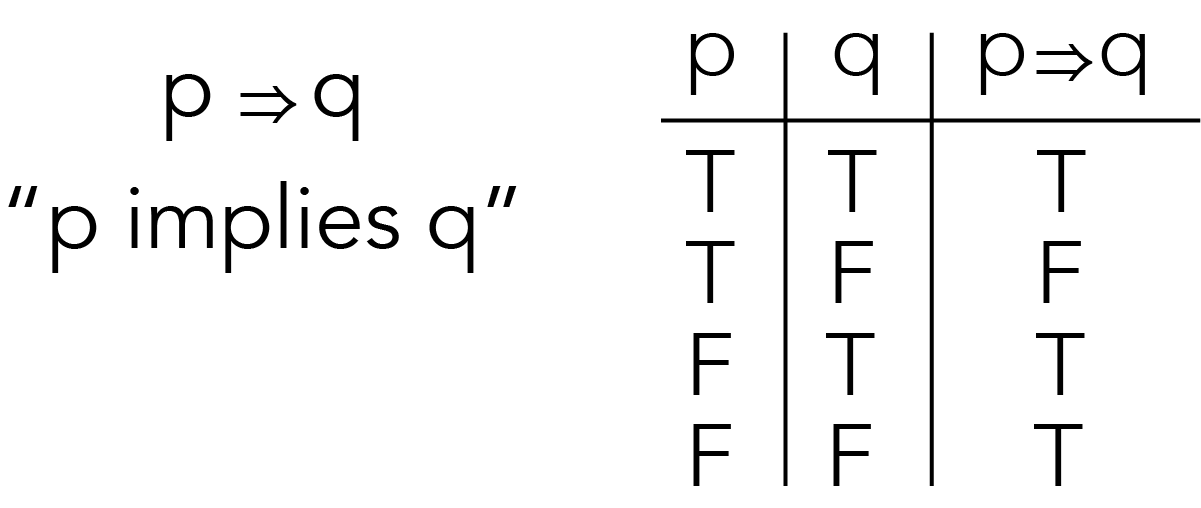
Congratulations, Elon! Now that you’ve mastered both the fields of engineering and business, it appears that you’ve begun the process of becoming a global leader, a position known for its promise, pitfalls, and perils. Seeing as we’re currently in the midst of a period of unprecedented social, political, economic, and ecological destabilization, your timing is once again impeccable.
As evidenced by your acquisition of Twitter, it’s clear that you are well aware of the importance of the unrestricted flow of information in public discourse. Obviously, it’s not a coincidence that countries with highly restricted public discourse, such as Russia, Iran, and China, have either attacked, sponsored attacks on, or threatened to attack countries with highly unrestricted public discourse. As the control of narratives has always been the means by which to control people, societies are only as free as their freedom of expression.
So here we are, in the midst of a maelstrom, where it isn’t always clear what the wisest course of action is nor what the consequences of a minor misstep may be. No doubt, the demands of being a global leader make rocket science look easy. I, for one, have yet to see a truly scientific model of emotionality. Yet, reason does underlie reality, no matter how thoroughly it may be obscured.
Whereas freedom of expression is essential for a free society, it is also prone to cause problems in the process of being and becoming a global leader. This is because what people look for most in global leaders is not their freedom of expression but rather their ability to present a desirable path forward. With Tesla and SpaceX, you earned supporters and admirers by doing so. With Twitter / X, you earned detractors and adversaries by not doing so.
Assuming that you are interested both in being a global leader and in the betterment of humanity, I believe that it is now essential for you to transition from being oriented on your freedom of expression to being oriented on the expression of truth. As to why, the answer resides in conditional logic.

In case a refresher is in order, the above table indicates the standard truth value of a conditional statement based on the truth values of its antecedent and consequent parts. So, for a conditional statement such as “If it’s snowing then I’m wearing my winter coat”, the variable p stands for “it’s snowing” while the variable q stands for “I’m wearing my winter coat”. Clearly the statement is true if both p and q are true. And, clearly the statement is false if p is true and q is false. Yet, if p is false (because it’s not snowing) then the statement is considered true, whether the consequent is true or not. In other words, the statement “If it’s snowing then I’m wearing my winter coat” is assumed to be true if it’s not snowing, regardless of whether or not I’m wearing my winter coat.
What happens, then, when people believe an antecedent to be true when it’s actually false? Given that the odds of a conditional statement being true are 75%, all else being equal, it is quite natural for people to assume that a given conditional statement is true — and then to assume that its antecedent may be true as well. Doing so then allows them to come to logical conclusions based on whether the statement’s consequent is true or false. Yet, if the antecedent is false, it doesn’t matter whether the consequent is true or false, because there are no means to draw an accurate conclusion from the statement.
While a great deal of public discourse is admittedly quite illogical, even sound logic becomes useless when it is infected with false assumptions. Conditional statements such as “If Ukraine is ruled by neo-Nazis then Russia is justified in invading it” are used to make Russia’s invasion appear reasonable, merely by disregarding the fact that Ukraine is not ruled by neo-Nazis. Conditional statements such as “If Israel is committing genocide then attacking Israelis is justified” are used to make war crimes committed by Iran’s proxies appear reasonable, merely by disregarding the fact that Israel is not committing genocide.
All it takes is for a conditional statement to be agreed to in order for disinformation to appear rational and reasonable. This simple and easy approach to fomenting needless conflict and violence is rife in our public discourse. Subsequently, as a global leader intent on the betterment of humanity, it is essential that you focus on maximizing the veracity of your statements so as to minimize conflict and instead maximize cooperation.
It should come as no surprise that, in the same way that the cooperation of your body’s cells is what enables your body to be healthy, the cooperation of a society’s people is what enables a society to be healthy. And, it doesn’t stop there. The health of companies, communities, countries, species, and ecosystems are all based on their level of cooperation. So, as a global leader focused on the betterment of humanity, how you are helping humanity to cooperate (or not) becomes a matter of primary importance.
There are plenty of things that people engage in, such as selfishness and supremacism, that directly undermine cooperation. So, by embracing and promoting things which facilitate cooperation, such as altruism and equality, you are then able to more effectively better humanity as a global leader.
Of course, there is much more to be said on this topic. So, please consider this letter to be the beginning of a conversation. Perhaps you can come by the house for tea sometime and we can continue the conversation from there.
Sincerely,
Erez Ascher